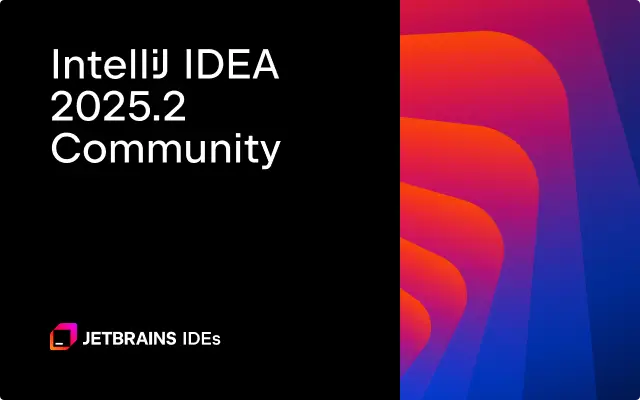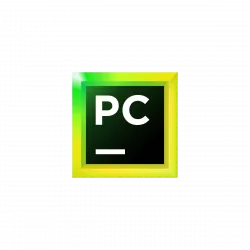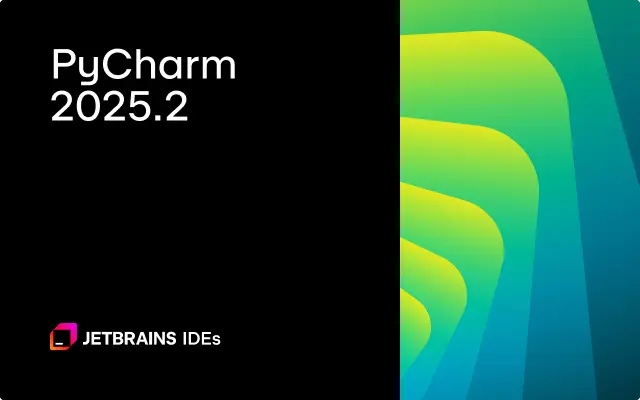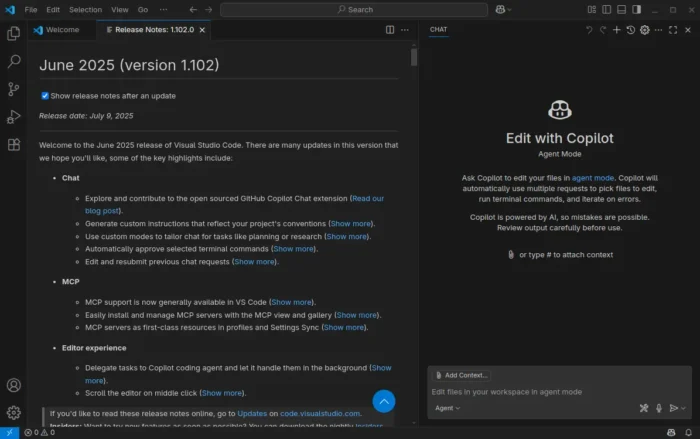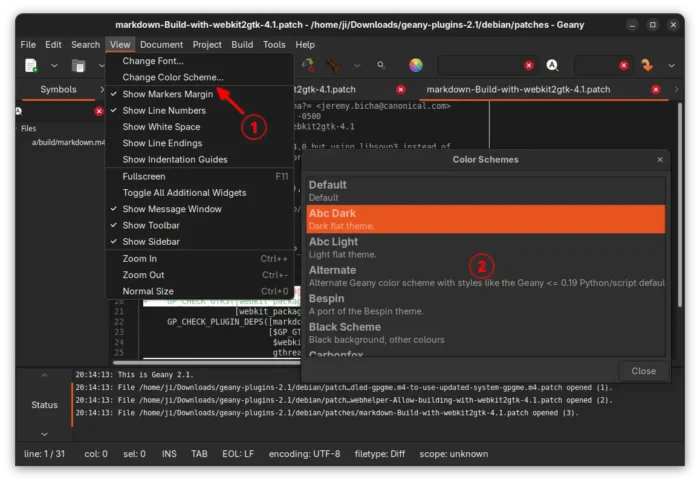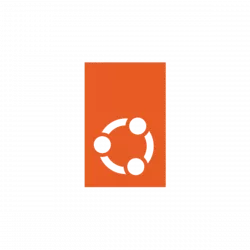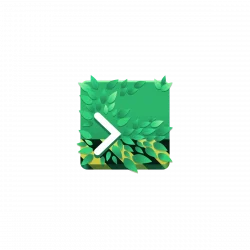![]()
A new monthly version of Microsoft’s code editor, Visual Studio Code 1.105, was released few days ago.
The release added 2 new AI chat models, GPT-5-Codex and Claude Sonnet 4.5. In addition to Google and Github account, it now allows to sign in or sign up GitHub Copilot with an Apple account, along with





